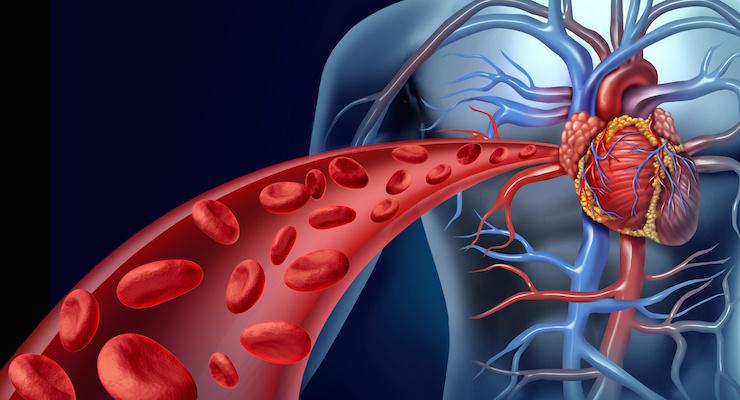
- Health advice
- Jun 19, 2015
There's a surprising new development in cardiovascular disease diagnosis. Research has shown that chronic infection by certain microorganisms is a causative factor in the development of heart disease. Heart disease or atherosclerosis involves the gradual build up of plaques in the walls of arteries. These plaques are known as atherosclerotic plaques.
Bacterial colonies found in plaques
Scientists have isolated colonies of various bacteria in atherosclerotic plaques and have an understanding of the mechanisms involved in the contribution of these bacterial colonies to heart heart disease development.
Which bacteria are involved?
Examples of common bacteria involved include:
- Helicobacter pylori
- Chlamydia pneumonia
- Porphyromonas gingivalis
What is the significance of these findings?
Clinically, these findings imply the following:
- A more wholistic approach will need to be taken in assessing a person’s cardiovascular health
- Screening for and treatment of low grade chronic infection will be necessary to manage heart disease
- Assessment and support of immune health and gut health will also become relevant to cardiovascular health
It is interesting that more and more, the world of orthodox medicine is being shown that:
- No single body system can be considered in isolation from other body systems
- The person’s environment must always be considered when assessing their health.
Not such a new approach for wholistic health practitioners!
Peter Radi – Naturopath and Nutritionist
Peter Radi is a naturopath, nutritionist and herbalist and has been in clinical practice since 2000. He is available for private consultations at the Mr Vitamins Clinic where he can provide you with more information to help you with your Diet (eating plan) for Heart Health as well as personalised health improvement programs. Learn more about Peter here
References:
http://www.ncbi.nlm.nih.gov/pmc/articles/PMC4097149/







